The rebels who carried out the attack in Cibitoke province in December 2014, affirm that they work as cow herders during the day and learn how to manage guns during the night. It is a cautionary story but the information doesn’t reveal their identity.-By Dieudonné Hakizimana and Christian Bigirimana,
Translated by Diane Uwimana
Five weeks after the attack in Cibitoke province, the identity of the rebels is still unknown. The day after the attack, the police caught young men suspected of collaborating with the rebels and detained them at the police station in Cibitoke. Some of them were released. Iwacu met them for more information.
P.M., in his 40’s, says that he spoke with some of the young imprisoned at the police station in Cibitoke. He noted that they have not revealed to him much about the identity of their organization: “They told me that the military exercises were held in Mutarule but it was difficult for Congolese people to identify them as rebels.” And because, during the day, these young people practiced different activities. “Some of them kept cows which belonging to a Congolese, General Masunzu and in the evening, they learned how to manage weapons.”
However, Iwacu has not been able to verify this information in the DRC.
According to the information provided by those rebels to our sources, their leaders never went to the field. “The only leader saw was Joseph Kaziri, nicknamed Yusufu, who came to train the new recruits,“ according to our sources.
According to the rebels, 150 fighters had crossed the border in the night of 29 to 30 December 2014. Their intention was neither to fight the army forces nor any target. “They told me that they would only secure the Kibira area and get installed, but they didn’t know to which mission they would be assigned after that,” said another person who was imprisoned with the rebels.
In addition, our sources indicate that according to the rebels, those who have left the DRC were not experienced fighters; “the new recruits were part of the team because the order received was not to fight, but move to the Kibira”. In the edition No 306, Iwacu had indeed shown the age of these young people and the time spent in the rebellion. The longest time spent was 5 months, and a freshman had spent only three weeks among the rebels.
These are reports from a few rebels who managed to get to the Kibira, and others who are still located in the DRC.
On other questions, our sources who met the rebels in the cell in Cibitoke province, said that they preferred to be silent. However, the young captives will write a letter that they will distribute to the leaders of the associations of defenders of human rights in order to inform the public about what really happened. But as they feel that their security is not guaranteed in the cell at the police station in Cibitoke, they can only do it once they are in safety.
—————————————————————————————————————————
Joseph Kaziri, the eternal fighter
He was presented by Valentin Bagorikunda, General Prosecutor of the Republic, as the leader of the rebellion, coming from DRC, who attacked in Cibitoke. Iwacu retraced his route.
Joseph Kaziri is the son of Jussuf Kaziri and Mariam Bingura. He was born in 1979 at 14th Avenue, Bubanza quarter in Kinama commune (Bujumbura City Council).
His neighbours qualified him as a calm young man and a practicing Muslim. He was in the sixth year of primary school when President Ndadaye was assassinated in 1993.
A year after the outbreak of fighting in Kamenge and Kinama between either the attackers or the popular resistance – it depends – and the FAB (Burundian army forces), he joined the CNDD movement led by Leonard Nyangoma. He was nicknamed “Gafuni” for his capacity to kill using white weapons.
After the split of the CNDD, Joseph Kaziri chose the CNDD-FDD of Jean Bosco Ndayikengurukiye. Also here the agreement did not last, and the young Kaziri found himself in the ranks of the “FNL Icanzo” led by Alain Mugabarabona.
In 2005, he integrated into the Burundian army, within the ceasefire agreement. He is an officer with the grade of lieutenant. From 2005 to 2008, he was a platoon leader with the 120th Brigade of the 1st military region and the 123rd Battalion. He was sent to Isare Commune in Bujumbura Rural province in 2007. And this is where the problems began, according to his former military friends.
According to them, that year, he committed 47 faults and the Disciplinary Board concluded there was an integration problem, says Colonel Gaspard Baratuza, spokesperson of the FDN (National Defence forces).
Difficult integration
In the same year, Kaziri was sent to Bujumbura with the task of bringing the payment to his soldiers (his unit), but he spent five days without getting back to Isare Commune. When he finally decided to return to his post, BIF 200 hundred thousand were missing in the military balance. He was accused of theft and jailed for five months in Mpimba prison.
According to his friends, Joseph Kaziri returned to the army in August, but he deserted on 20th of the same month. “There were search messages, and after eight days, the army applied the retention of his salary,” recalls Colonel Baratuza.
In September the same year, the Disciplinary Board ordered the contract between Joseph Kaziri and the army to be broken on 19th February 2009.
After his departure, he returned to Kinama and went to live with his maternal grandfather in Muramvya quarter on the 3rd Avenue. The problems still followed him like a shadow. A year later, his house was surrounded by agents of the National Intelligence and security Service (SNR) who accused him of holding grenades and police clothes. He managed to escape and never returned.
But according to one of his close friends, the allegations were false as the grenades and police outfits had been brought into the Kaziri’s house by the SNR agents. And always after this testimony, Joseph Kaziri was a victim of his refusal to cooperate with this service in tracking down members of the FNL, wing of Agathon Rwasa. “We never saw him again after that incident. »

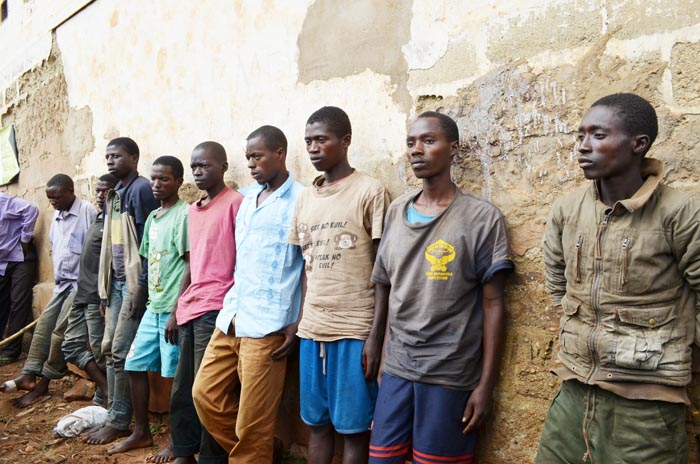
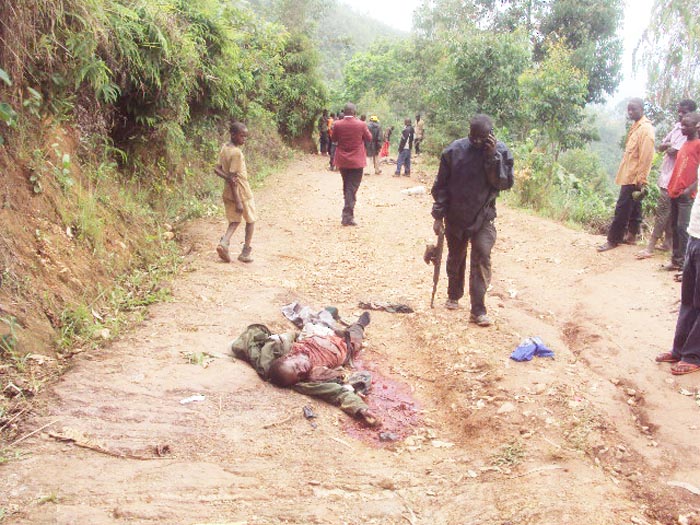

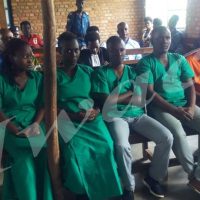
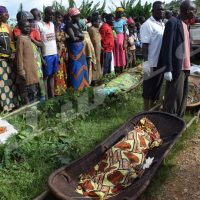
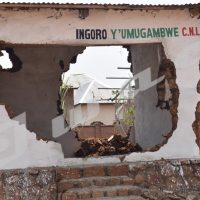
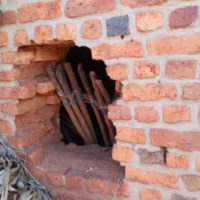
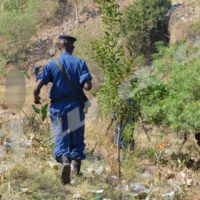













 IWACU Open Data
IWACU Open Data

